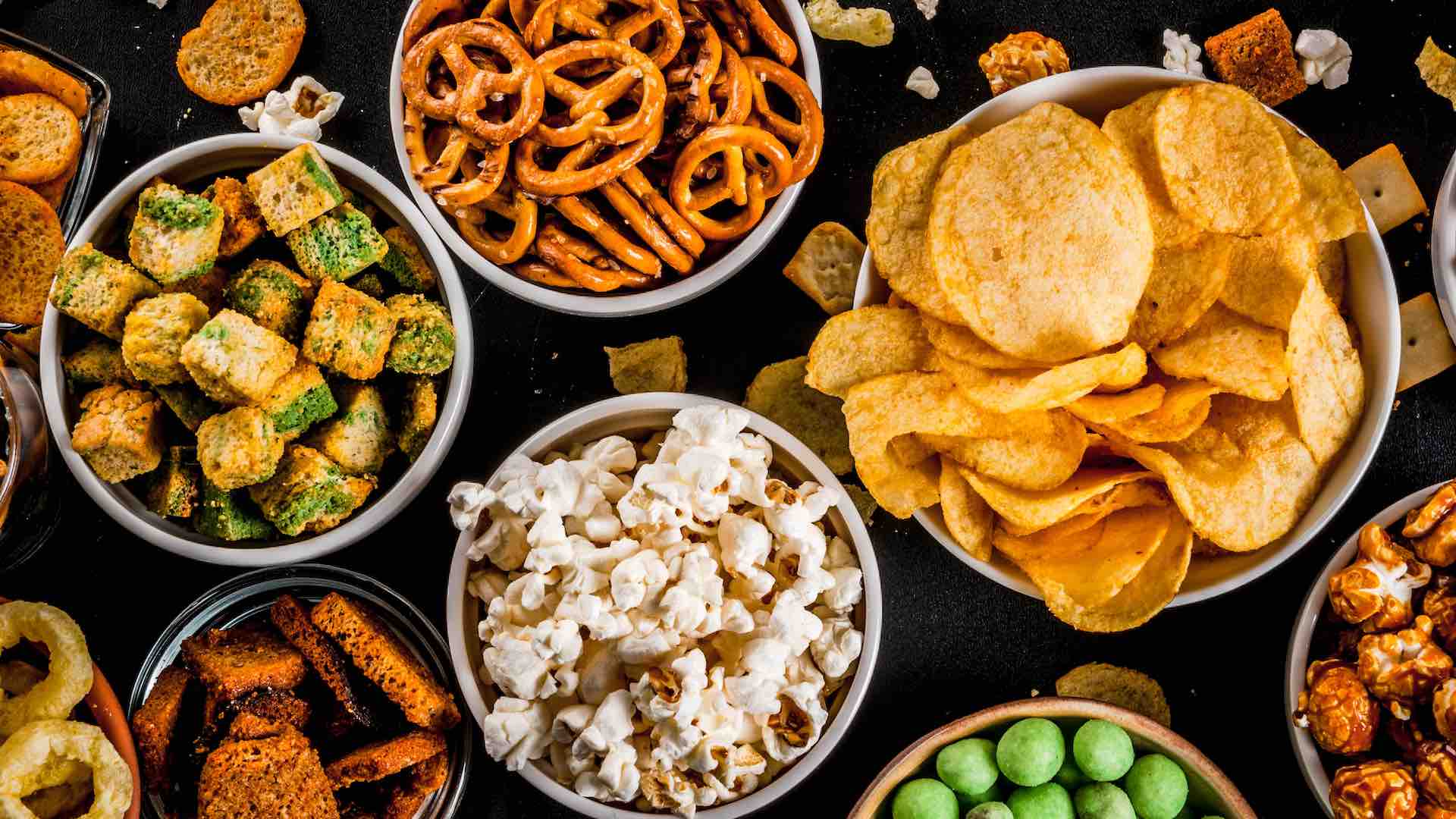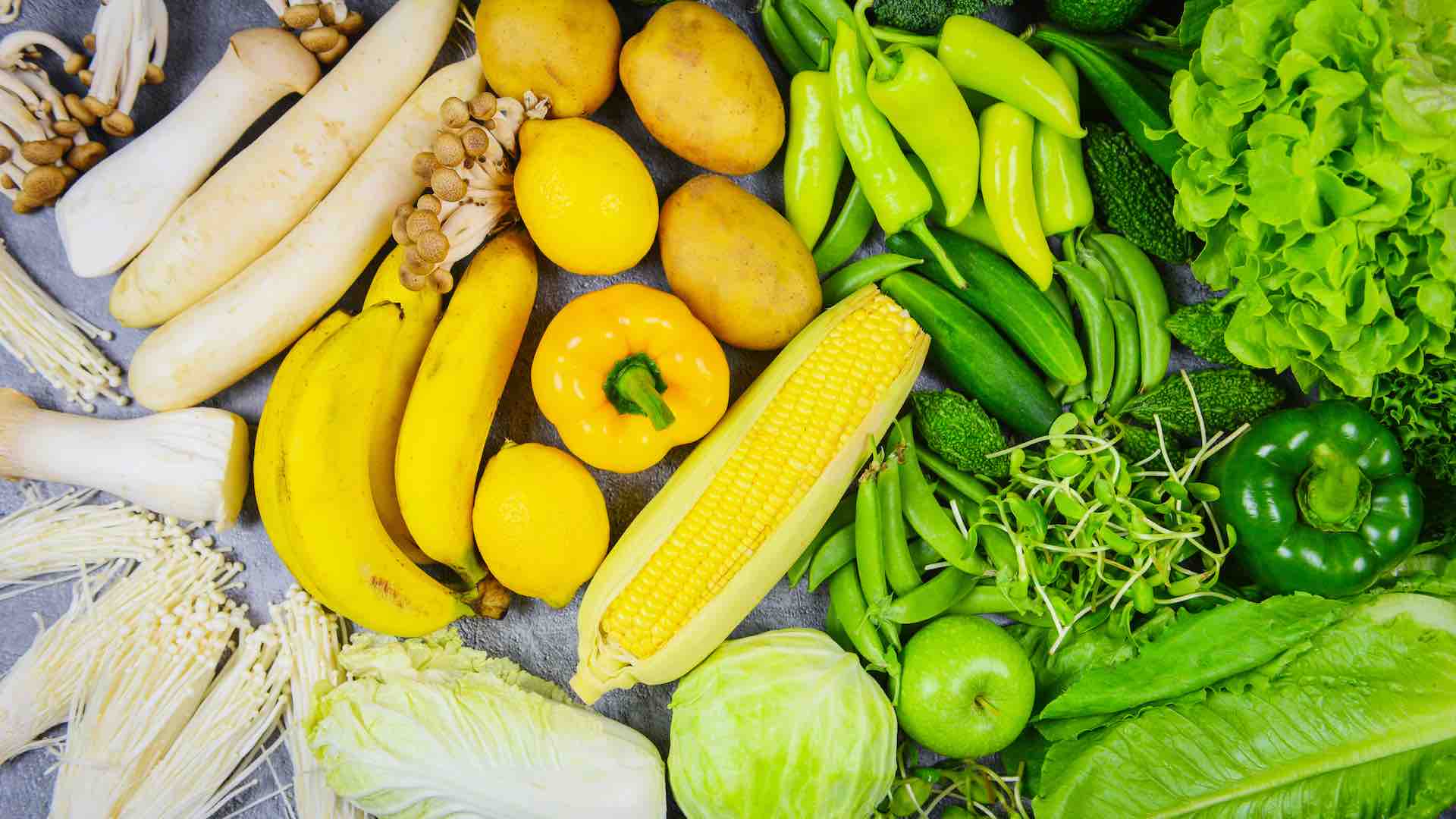A recent meta-analysis examining older adults at high risk of heart attacks or strokes has uncovered a potential link between salt substitutions and reduced mortality rates, particularly associated with heart disease and stroke. Conducted primarily across Asian populations, where the utilization of salt substitutes is more prevalent due to culinary practices, the study sheds light on the impact of reducing sodium intake.

In the United States, where approximately 70% of sodium consumption stems from packaged and processed foods rather than table salt, these findings, published in the Annals of Internal Medicine on Tuesday, serve as a pertinent reminder of the dangers of excessive sodium intake and the need for exploring alternative dietary options. According to Dr. Darien Sutton, medical correspondent for ABC News, the average American consumes 3,400 milligrams of salt daily, surpassing the recommended limit of 2,300 milligrams, with an ideal ceiling of 1,500 milligrams for most adults, especially those with hypertension.
Dr. Sutton stressed the widespread underestimation of sodium intake, emphasizing the imperative of awareness regarding dietary sodium content. High-sodium diets contribute to over 2 million deaths globally each year, as per the World Health Organization. However, not all adults face an immediate necessity to modify their sodium intake, with the study focusing specifically on individuals with heightened risks of cardiovascular events.

For those individuals, consulting with a healthcare provider to devise strategies for reducing sodium intake is crucial, often commencing with scrutinizing food labels for sodium content. For instance, Dr. Sutton highlighted the sodium content in popular snack items like Doritos, where a single serving of 12 chips can contain approximately 200 milligrams of sodium, potentially amounting to over 3,000 milligrams in a standard-sized bag.
He emphasized the need for vigilance toward processed foods, suggesting alternatives and urging consumers to quantify their sodium intake. In addition to monitoring sodium intake, Dr. Sutton advocated for exploring flavorful alternatives to salt, such as paprika, ground pepper, onion powder, cinnamon, ginger, or garlic, to enhance taste without relying on sodium.

The recent meta-analysis underscores the detrimental health effects of excessive salt consumption, particularly among older populations. Dr. Sutton emphasized the importance of monitoring sodium intake to mitigate health risks and enhance quality of life in later years. Recommending the incorporation of potassium-rich foods like leafy greens, bananas, and sweet potatoes, alongside reduced processed food consumption, Dr. Sutton reiterated the significance of balanced dietary choices in managing blood pressure and overall cardiovascular health.
